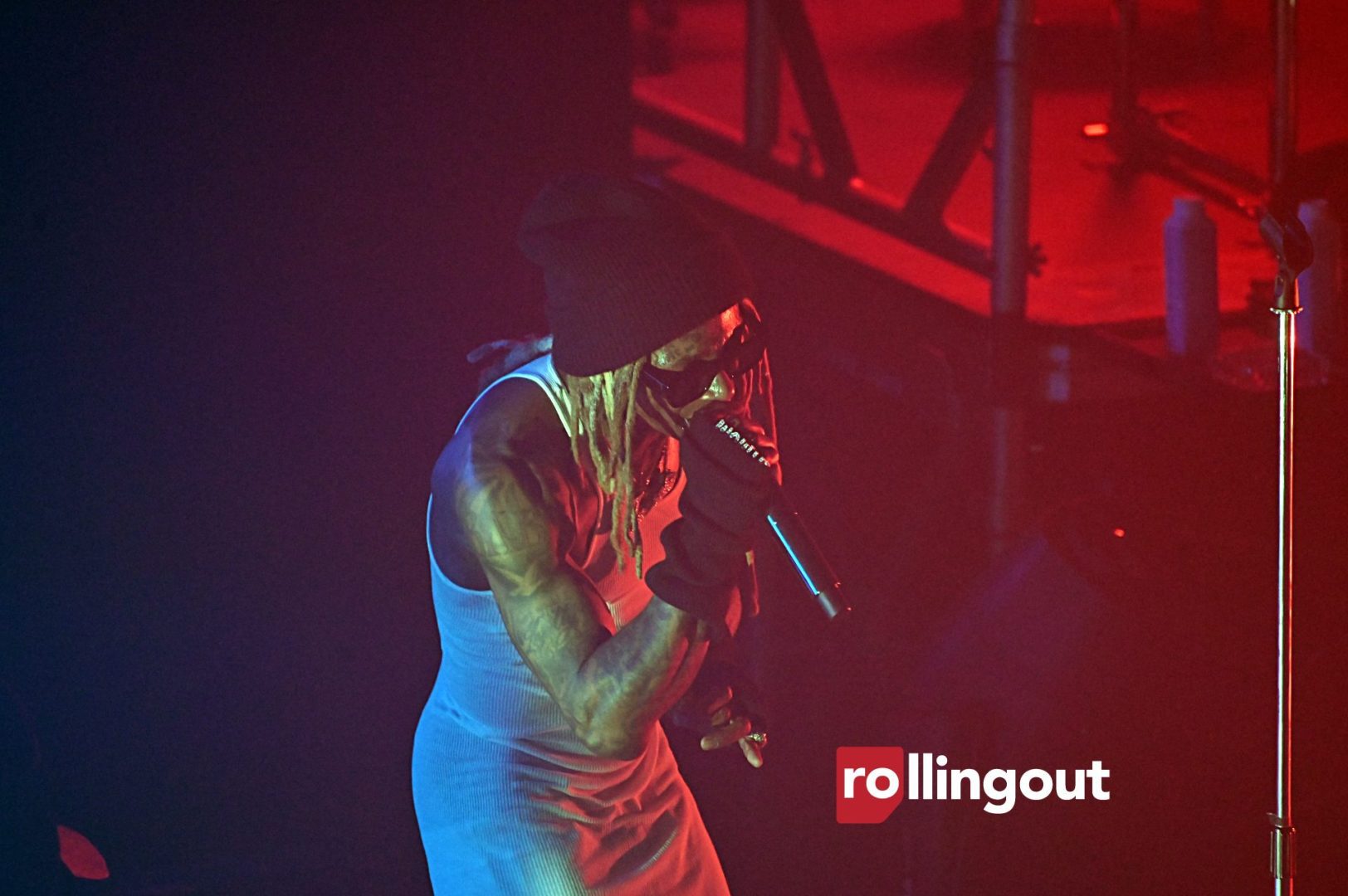A troubling investigation has revealed how some of music’s biggest celebrities received millions in COVID-19 relief funds meant for struggling venues and artists, only to spend the money on luxury items and extravagant experiences. The findings have sparked outrage among taxpayers and government oversight committees.
Inside the SVOG program
The Shuttered Venue Operators Grant program, established in 2020, was designed as a lifeline for arts and entertainment organizations devastated by pandemic closures. With $16.25 billion allocated, the program aimed to preserve cultural institutions and support struggling artists through the crisis.
Breaking down the numbers
5 major revelations from the investigation:
- Lil Wayne received $8.9 million, with significant portions spent on private jets and designer clothing
- Chris Brown was granted $10 million, using funds for birthday celebrations and international travel
- DJ Marshmello’s company secured $9.9 million
- Alice in Chains’ touring company obtained $1.4 million
- The Small Business Administration relaxed anti-fraud controls during the grant process
Questionable spending patterns
The investigation exposed how these funds were used far from their intended purpose. Detailed financial records show luxury purchases including:
Private jet travel exceeding $1.3 million Designer clothing purchases from high-end brands Lavish parties featuring expensive entertainment International trips unrelated to performances Substantial payments to management teams
Administrative oversight failures
Government watchdogs have identified serious flaws in the grant approval process. The Small Business Administration’s decision to relax anti-fraud controls created opportunities for funds to reach recipients who may not have met the original eligibility criteria.
Impact on intended recipients
While celebrities received millions, many smaller venues and struggling artists were left without assistance. Industry experts note that numerous independent venues and arts organizations either received minimal funding or had their applications denied entirely.
Congressional response
Senator Gary Peters, leading the Committee on Homeland Security and Governmental Affairs, has expressed deep concern over these findings. His committee is now examining how federal relief resources were diverted from their intended recipients to benefit wealthy individuals.
Public reaction and taxpayer concern
The revelations have sparked significant public backlash, with taxpayers questioning the oversight of relief programs. Social media channels have been flooded with criticism of both the celebrity recipients and the government agencies responsible for fund distribution.
Industry defense
Some entertainment industry representatives argue that major artists and their companies suffered legitimate losses during the pandemic. However, critics counter that these established acts had sufficient resources to weather the crisis without government assistance.
Legal implications
Legal experts suggest that while the spending may appear inappropriate, most transactions likely fall within technical compliance of the grant terms. This highlights potential gaps in how relief programs are structured and monitored.
Economic context
During the same period these grants were distributed, many small businesses permanently closed despite the relief programs. This disparity underscores questions about the equitable distribution of pandemic aid.
Future policy implications
The controversy has prompted calls for reform in how emergency relief funds are distributed. Policymakers are now considering stricter eligibility requirements and enhanced oversight measures for future programs.
Accountability measures
Government oversight committees are reviewing options for recovering funds that may have been improperly allocated. However, experts note that the relaxed controls during the distribution process may complicate recovery efforts.
Industry impact
The entertainment sector faces increased scrutiny over how it accessed and utilized government support during the pandemic. This could affect future relief programs targeted at the arts and entertainment industry.
This investigation highlights the critical need for better oversight of emergency relief programs and raises important questions about responsibility in times of crisis. As the nation continues to evaluate its pandemic response, the controversy serves as a reminder of the importance of ensuring public funds reach their intended recipients.











